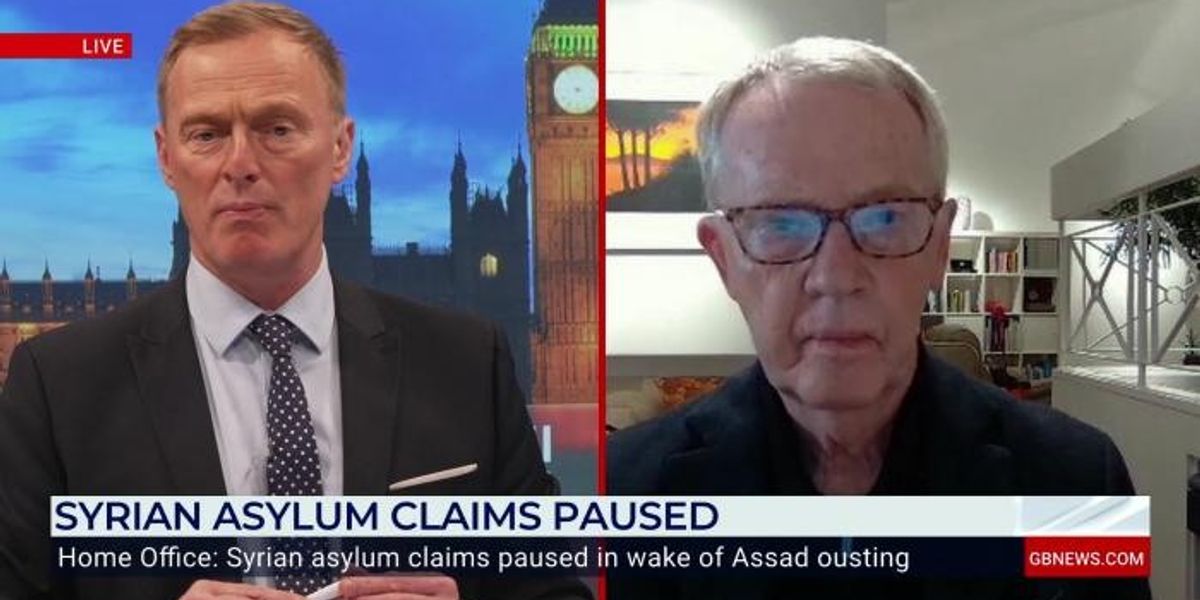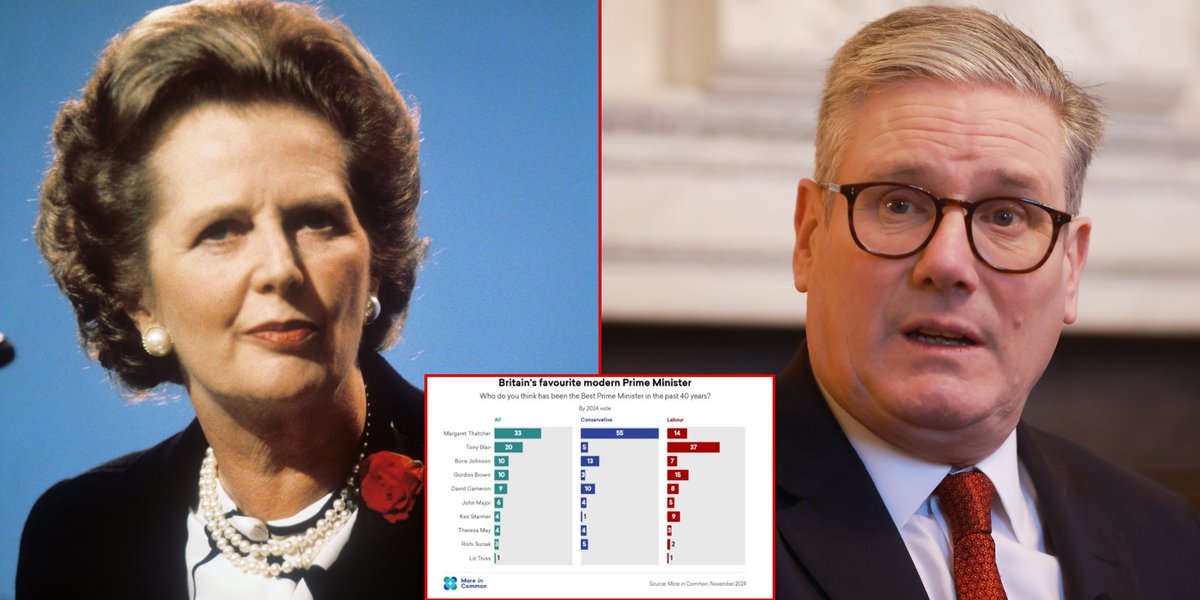Pope Francis laments ‘ecological debt,’ repeats call for ‘elimination’ of death penalty
LifeSite News ^ | December 12, 2024 | Michael Haynes
Posted on 12/15/2024 3:34:56 PM PST by ebb tide
Pope Francis highlighted the three themes of the eradication of debt, the death penalty, and world hunger during his message for the 2025 World Day of Peace.
Issuing a message for the 2025 World Day of Peace, Pope Francis renewed calls for global peace, the tackling of climate change issues, and the “elimination” of the death penalty.
Entitled “Forgive us our trespasses: grant us your peace,” Francis’ message for the annual World Day of Peace – January 1, 2025 – focused on certain of his favored talking points, as well as a renewed call for global peace in the midst of rapidly escalating conflicts in many regions. Notably, in addition to the customary European language translations, the message was translated into Russian rather than Ukrainian this year, the opposite of the 2024 message.
First observed by Pope Paul VI in 1968, the World Day of Peace has been used by subsequent popes to highlight particular themes especially relating to areas pertaining to the Church’s social teaching and the various pressing issues of society at the time.
In his 2025 message, Francis called for three main actions to be taken: namely the elimination of foreign debt, the eradication of the death penalty, and the eradication of world hunger.
Framed in light of the 2025 Jubilee, which has a theme of “Hope does not disappoint,” Francis cited Pope John Paul II’s 1978 encyclical Sollicitudo Rei Socialis to denounce “structures of sin.” Such structures “arise not only from injustice on the part of some but are also consolidated and maintained by a network of complicity,” wrote Francis. “Cultural and structural changes are necessary, so that enduring change may come about” he opined.
READ: How to gain a plenary indulgence during the 2025 Jubilee year
Eliminating debt and world hunger
Francis paid attention to the relationships between nations in terms of fostering peace and canceling debts, both financial and “ecological debt.”
“The international system, unless it is inspired by a spirit of solidarity and interdependence, gives rise to injustices, aggravated by corruption, which leave the poorer countries trapped,” he wrote.
The Pontiff focused on the issue of climate oriented issues by calling for wealthy nations to address the “ecological debt.”
“Each of us must feel in some way responsible for the devastation to which the earth, our common home, has been subjected, beginning with those actions that, albeit only indirectly, fuel the conflicts that presently plague our human family,” he wrote, adding:
I think, in particular, of all manner of disparities, the inhuman treatment meted out to migrants, environmental decay, the confusion willfully created by disinformation, the refusal to engage in any form of dialogue and the immense resources spent on the industry of war.
In asking for the reduction or complete cancelation of international debt, Francis stated that this takes on a new weight in light of “ecological debt” from rich nations to poorer ones.
“Foreign debt and ecological debt are two sides of the same coin,” said Francis, identifying it as “the mindset of exploitation that has culminated in the debt crisis.” “In the spirit of this Jubilee Year, I urge the international community to work towards forgiving foreign debt in recognition of the ecological debt existing between the North and the South of this world. This is an appeal for solidarity, but above all for justice.”
Commenting on the two kinds of debt highlighted by Francis, Cardinal Michael Czerny, S.J. – prefect of the Dicastery for Promoting Integral Human Development – said that financial and ecological debt must be treated differently and as holding different moral characters. This, Czerny said, was due to the financial debt being more easily quantifiable than the ecological.
The Pontiff also recommended that nations assign money toward humanitarian and climate related issues rather than building up arms. He called for a “fixed percentage of the money earmarked for armaments” to be used in establishing “a global Fund to eradicate hunger and facilitate in the poorer countries educational activities aimed at promoting sustainable development and combating climate change.”
Death penalty
Francis also issued a call urging “a firm commitment to respect for the dignity of human life from conception to natural death, so that each person can cherish his or her own life and all may look with hope to a future of prosperity and happiness for themselves and for their children.”
To this end, he added a renewed call for the “elimination of the death penalty in all nations,” something which has become a regular theme in his pontificate. “This penalty not only compromises the inviolability of life but eliminates every human hope of forgiveness and rehabilitation,” he wrote.
Francis recently made an appeal for the commutation of execution for those on death row in America, and to highlight the import of this aspect of his message the executive director of an anti-death penalty advocacy group gave an intervention at the press conference launching the message. Krisanne Vaillancourt Murphy, of the Catholic Mobilizing Network which fights against the death penalty, stated during the press conference that “the death penalty’s very existence epitomizes a throwaway culture.”
Describing it as a “structural sin,” Murphy lamented how a majority of U.S. states permit the death penalty, and that capital punishment “leaves in its wake ripples of suffering in families, in communities, and in our social systems.”
Instead, Murphy stated that when “our hearts are oriented toward a spirit of forgiveness, abolition of the death penalty is a tangible expression of mercy that signals our personal and structural commitment to the pursuit of peace.”
Continuing death penalty debate in Church
Francis famously made groundbreaking changes to Pope John Paul II’s and Cardinal Joseph Ratzinger’s Catechism of the Catholic Church in 2018, declaring that the death penalty “is inadmissible because it is an attack on the inviolability and dignity of the person.”
Since then, he has often repeated his opposition to the death penalty, not by simply proposing his personal opposition to it, but by asserting that it is “unacceptable” in light of the Gospel.
While advocacy against the death penalty has grown in recent years, Catholic Tradition and Sacred Scripture has always attested the licit nature of the punishment as scholars – such as Edward Feser and Joseph Bessette, joint authors of By Man Shall His Blood Be Shed: A Catholic Defense of Capital Punishment – have extensively pointed out.
READ: Pope Francis contradicts Catholic teaching on the death penalty yet again
The death penalty finds Scriptural support, since in the book of Genesis capital punishment is permitted precisely because murder violates man’s dignity as being made in the image of God: “Whosever shall shed man’s blood, his blood shall be shed: for man was made to the image of God.” (Gen 9:6)
This teaching is further expounded upon by St. Thomas Aquinas, who drew from Scripture to teach that the common good is protected, and justice preserved, by observing the death penalty. (Summa Theologiae, 2a 2ae, q64, a2 & a3).
Avery Cardinal Dulles stated in 2004 that “the reversal of a doctrine as well established as the legitimacy of capital punishment would raise serious problems regarding the credibility of the Magisterium … [if] the previous teaching had been discarded, doubt would be cast on the current teaching as well.”
Indeed Francis’ change to teaching on the death penalty has already been cited by leading prelates wishing to alter Catholic teaching on LGBT and pro-life issues.
READ: Cdl. Müller says Pope Francis has the ability to change Church teaching on the death penalty
His actions have also been somewhat defended by Cardinal Gerhard Müller, former prefect of the Vatican’s doctrinal office, who said the death penalty was part of “natural ethics of the state” and thus could be changed.
But following Francis’ 2018 change to the Catechism on the death penalty, a group of clergy and lay scholars appealed to the college of cardinals, urging them to tell the Pope to teach the true Catholic doctrine on the matter. The signatories noted that, far from being a teaching which can change with the times, the death penalty is “a truth contained in the Word of God, and taught by the ordinary and universal Magisterium of the Catholic Church.”
TOPICS: Catholic; Religion & Culture; Religion & Politics
KEYWORDS: apostatepope; frankenchurch; politicalpope; treehugger
Avery Cardinal Dulles stated in 2004 that “the reversal of a doctrine as well established as the legitimacy of capital punishment would raise serious problems regarding the credibility of the Magisterium … [if] the previous teaching had been discarded, doubt would be cast on the current teaching as well.” Indeed Francis’ change to teaching on the death penalty has already been cited by leading prelates wishing to alter Catholic teaching on LGBT and pro-life issues.
1 posted on 12/15/2024 3:34:56 PM PST by ebb tide
To: Al Hitan; Fedora; irishjuggler; Jaded; kalee; markomalley; miele man; Mrs. Don-o; ...
2 posted on 12/15/2024 3:35:39 PM PST by ebb tide ("The Spirit of Vatican II" is nothing more than a wicked "idealogy" of the modernists.)
To: ebb tide
Meanwhile, Catholic Charities is handing “unaccompanied children” over to child sex traffickers at the US border.
3 posted on 12/15/2024 3:41:39 PM PST by E. Pluribus Unum (The worst thing about censorship is █████ ██ ████ ████ ████ █ ███████ ████. FJB.)
Disclaimer: Opinions posted on Free Republic are those of the individual posters and do not necessarily represent the opinion of Free Republic or its management. All materials posted herein are protected by copyright law and the exemption for fair use of copyrighted works.
FreeRepublic.com is powered by software copyright 2000-2008 John Robinson

 By Free Republic | Created at 2024-12-15 23:43:44 | Updated at 2024-12-16 01:27:25
1 hour ago
By Free Republic | Created at 2024-12-15 23:43:44 | Updated at 2024-12-16 01:27:25
1 hour ago







